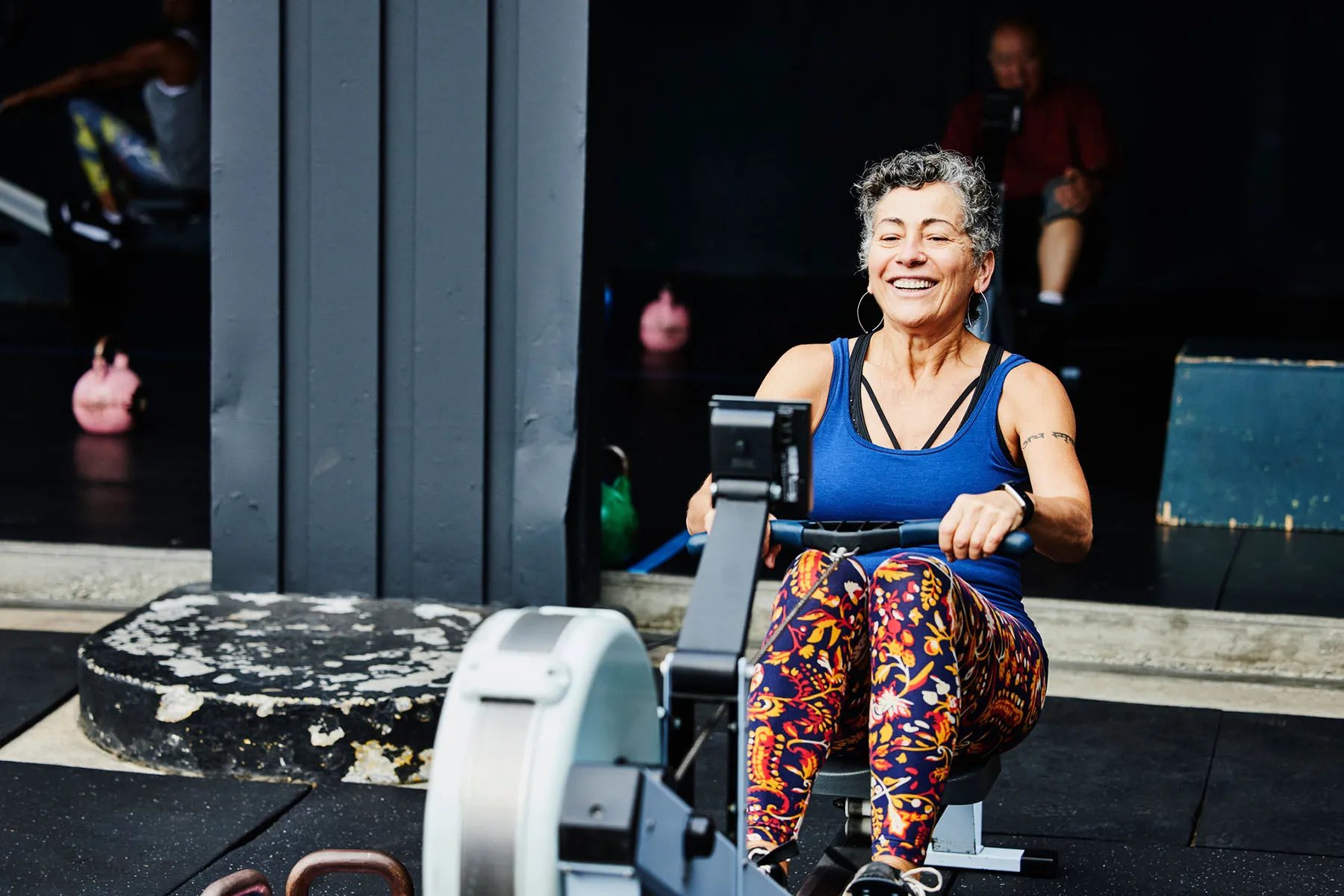I have quit coffee/caffeine multiple times for extended lengths of time now. In one case I abstained for about six months and most recently I was off for almost a year.
I believe tapering off increases your chances of success and is necessary in most cases to remain functional at work and in your family life. It is a powerful psychostimulant drug and you should treat it with respect, like tapering off an antidepressant, to avoid shocking the system too badly. This matters more if you are vulnerable to ADHD or depression, because coffee is acting like a medication for the treatment of these disorders, and the withdrawal can leave your mood, motivation, executive function, and ability to focus way below baseline.
Whenever I persuaded myself to remove coffee from my life, or rationalized returning to it, I immersed myself deeply in both sides of the argument for and against it. These points focus mainly on coffee, not caffeine. Caffeine as an isolated ingredient does not necessarily share the same properties as coffee -- differences can be significant with regard to depression, digestion, and other health effects. To save time, I am not going to dig up the studies for the claims below, but let me know if there is a particular one you want to see.
In favor:
- Coffee consumption is associated with a long list favorable health outcomes, including lower all-cause mortality, lower cardiovascular mortality, lower risk of type 2 diabetes, lower risk of depression, lower risk of gallstones, lower risk of parkinson's disease, lower risk of dementia (though some studies suggest opposite), etc.
- Studies suggest a possible role for caffeine in the treatment of ADHD. In my case, there is no doubt that it is effective (I'll elaborate below).
- Studies suggest coffee may be effective to improve depression, and I believe this is the case for myself.
- Coffee increases the production and secretion of bile and accelerates gut motility, which can be helpful for people like myself that have sluggish digestion and tend towards constipation.
Against:
- Can cause insomnia and damage sleep quality, although partial tolerance develops to these effects in most people. Coffee may suppress the production of melatonin and shrink the pineal gland over time in high lifelong consumers.
- Increases baseline levels of anxiety and vulnerability to panic attacks. Partial tolerance can develop in most people.
- Mendelian randomization studies suggest most of the associations of coffee with positive health outcomes are not causal. One of the only health benefits listed above which has survived the scrutiny of mendelian randomization is the reduced risk of gallstones, which was confirmed.
- Coffee is associated with increased risk of osteoarthritis. Potential mechanisms have been identified whereby caffeine inhibits the production of collagen and adenosine injections into joints repairs cartilage damage.
- Mendelian randomization suggests higher coffee consumption is casually associated with reduced cerebral gray matter volume.
- Some studies suggest the perceived improvements in energy and mood caused by caffeine consumption only reflect a return to baseline by staving off withdrawal effects. In other words, chronic consumption of caffeine causes reduced energy and mood each day at the nadir of caffeine concentration in the body, and you return to approximately your uncaffeinated baseline in these areas when you consume your daily dose.
For me personally, coffee acts as a mild antidepressant and moderately strong ADHD medication. Coffee is far more sustainable than the prescription stimulants I've tried, which caused intolerable sides and just felt toxic to my system. During periods of consistent coffee use, I have completed multiple college degrees and received multiple promotions at work. The periods without coffee were marked by stagnation, poor job performance, and worsened depression.
I think there is definitely some truth to the idea that you build tolerance to the benefits of coffee/caffeine, however, like the side effects, I don't believe that tolerance is 100% complete. Certainly with regard to the ADHD symptoms, I am seeing consistent long-term benefits that are undeniable.
I quit coffee because it worsens my GERD a bit (although I have found ways to minimize that), it causes some joint pain, and it exaggerated the overstimulation and anxiety I felt when starting TRT in the past. However, after repeated experiments with abstinence, I am convinced that I have created a life and career with the aid of coffee that I cannot maintain without it. I can either continue using it or watch everything slowly crumble.
I think people that aren't effectively self-medicating ADHD with coffee will suffer far less without it and may find their overall well-being enhanced, with better sleep, better hydration, and a calmer, more relaxed disposition.
















